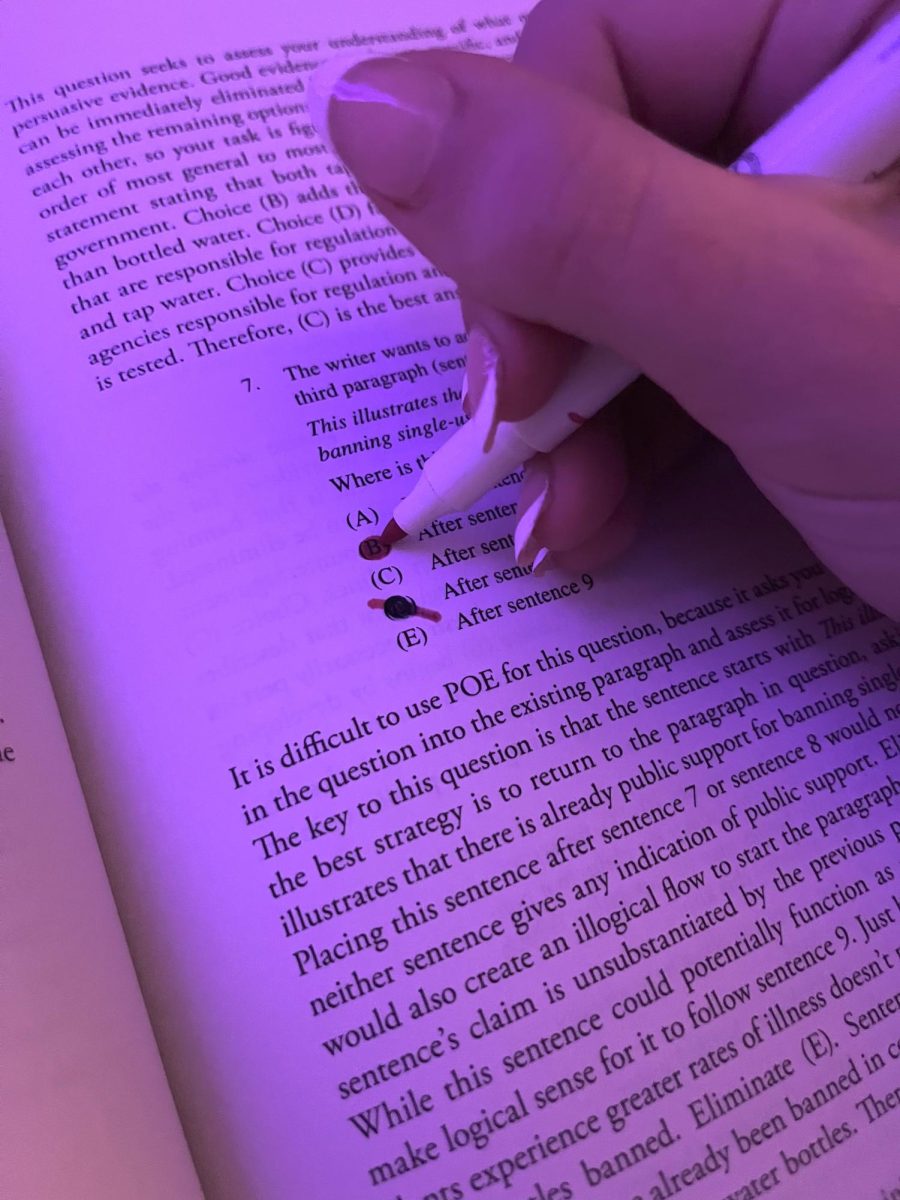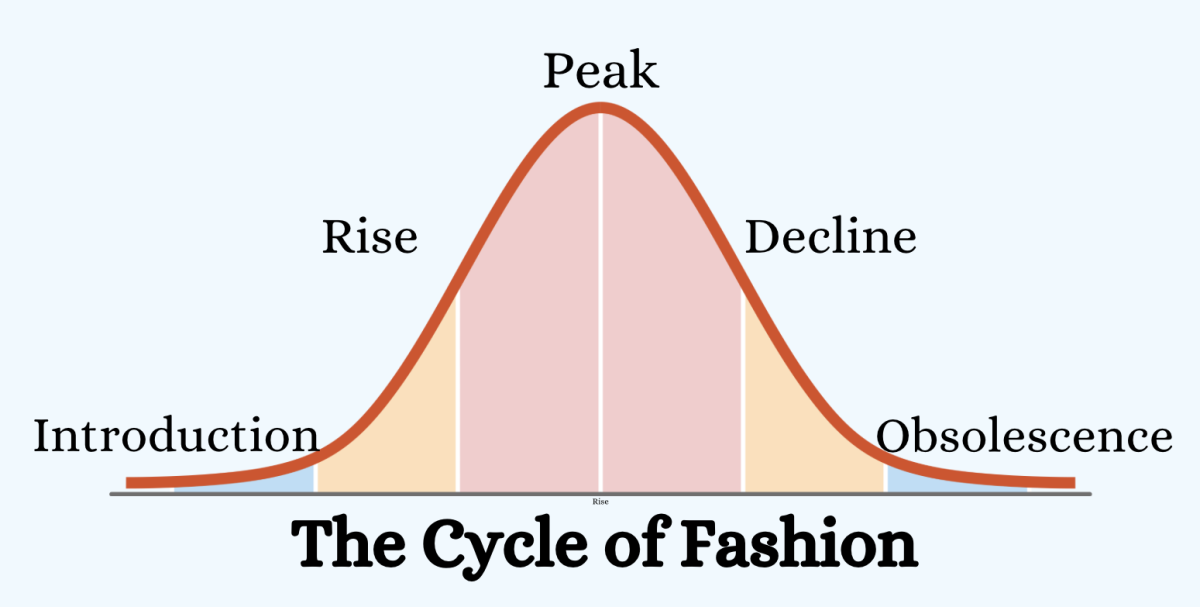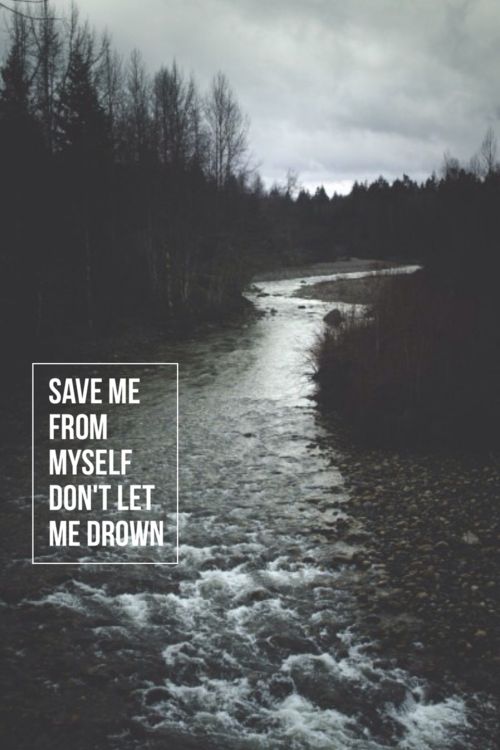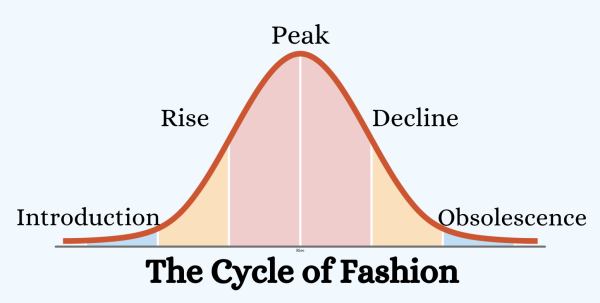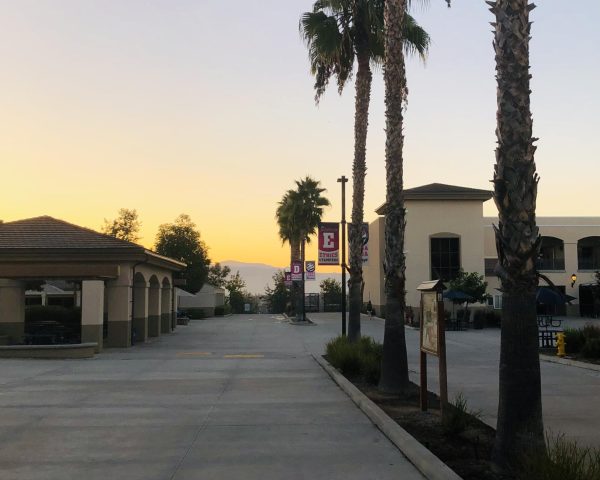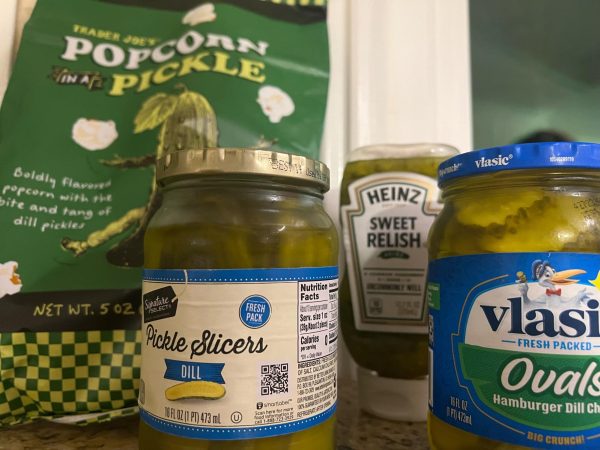I’m Fine: Silencing the Truth of How We Feel
A Tumblr wallpaper that is “expressive” and “emotional”. It is a perfect illustration of using an online outlet in place of genuine, real-life interaction.
December 18, 2018
The new progressive society prides itself on its emphasis on freedom of speech, especially regarding concepts deemed controversial and unpopular. People freely express their views on ideas ranging from the newest presidency, to abortion, to religion, and to basic rights. Yet despite this freedom that has granted so many an outlet for expression and opportunity for progress, something incredibly important remains silenced. The way people feel continues to be a subject that remains out of the conversation and hidden behind closed doors.
Emotions and honest responses to “how are you?” have become taboo in public. Individuals are only meant to share so much about how they are truly feeling, ensuring they do not make others uncomfortable. Being truthful of one’s emotional state is kept in a therapist’s office behind a locked door. Speaking interpersonally is a quality that not many have. It has become confusing and complicated to talk about something as personal as one’s emotions.
This fact is surprising, given how highly emphasized mental health and freedom of expression is. Why people are so afraid to be honest seems counterintuitive of the new culture. But the lack of interpersonal skills may be a result of a much larger problem. Capacity for language has greatly devolved over the last several years. It is evident that individuals don’t know how to effectively express themselves. A large portion of the population, especially in the younger generations, gives their opinions in short responses such as “I’m fine” and “It’s cool.” People have conversations while looking at their phones or keeping one earbud in.
Because people are no longer invested in genuine interaction, sharing anything that goes beyond small talk and funny anecdotes is a discomfort. It invokes more thought and more connection than individuals are used to. In an artificial world, most interactions are done virtually. Sharing one’s deepest emotions is a lot easier to do over social media to an audience one never has to actually see or hear a response from. This new outlet can let people be expressive, which in short term can be extremely helpful, but it also mildly insincere. Without sharing with people in one’s daily life, connection cannot be formed and one can never truly find others who will listen and be there for him or her. One’s feelings will remain repressed and the problems regarding mental health will remain very prevalent.
Shutting one another out is a lot easier to do than getting up close and personal with one another. But rather than succumbing to the easy solution of sticking an earbud in and pretending as if you cannot hear those around you, connect and be willing. Being there for others will help them be there for you. The feelings of loneliness will be a lot easier to avoid when you have friends at school rather than friends on Facebook. The challenge to share is something that every individual must learn to overcome, and in turn will change the culture to truly fit the mold of progress and freedom of speech. It is effective to have real-life connections as proven by Jayden Hawley (11) who “would prefer to actually spend time with friends than talk to them over text.” Silencing how individuals feels is a cycle that should no longer be perpetuated. Saying “I’m fine” when one isn’t will no longer be an acceptable response.




